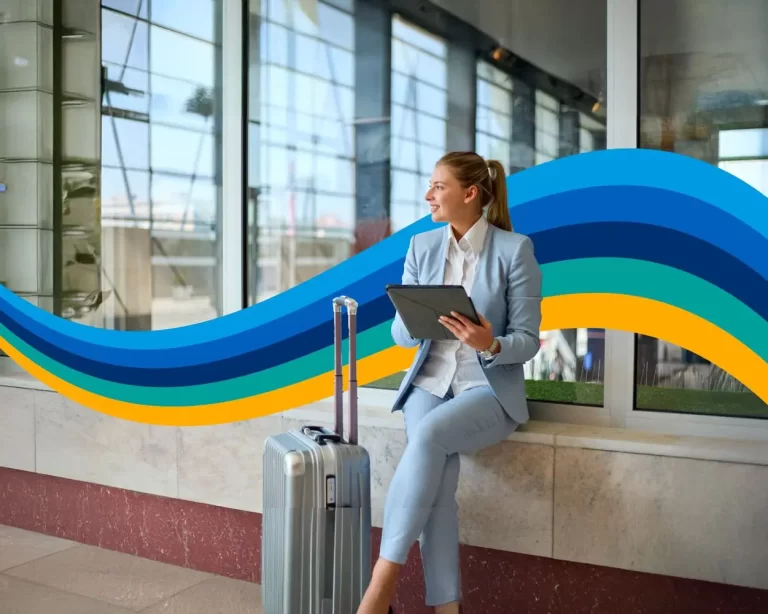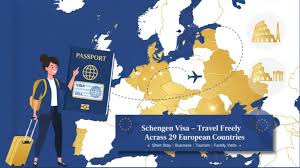
travel Traveling
Traveling is one of the most enriching activities a person can experience. It allows individuals to step out of their comfort zones, discover new cultures, meet different people, and gain valuable life lessons. Whether one travels domestically or internationally, the benefits of exploring new places are numerous. It broadens the mind, nurtures the soul, and even improves one’s mental and physical well-being.
One of the most significant benefits of traveling is the exposure to different cultures. Each country, and even each region within a country, has its own unique traditions, customs, and ways of life. By traveling, individuals get the chance to witness and experience these cultural differences firsthand. For example, visiting Japan exposes travelers to the country’s rich heritage, including tea ceremonies, traditional kimono attire, and the practice of bowing as a sign of respect. Meanwhile, traveling to Italy offers an entirely different experience, filled with the appreciation of Renaissance art, delicious cuisine like pasta and pizza, and the passionate spirit of its people. Exposure to different cultures broadens one’s perspective and fosters greater understanding and appreciation for diversity.
In addition to cultural exposure, traveling provides the opportunity to meet new people. Meeting locals and fellow travelers can lead to meaningful friendships and unforgettable experiences. In some cases, these encounters lead to long-term friendships that span across different continents. When travelers interact with people from diverse backgrounds, they learn about different ways of thinking and gain insights that challenge their preconceived notions. Furthermore, these connections often help travelers feel more welcomed and immersed in the places they visit.
Traveling also contributes to personal growth. Being in a new environment forces individuals to adapt to unfamiliar situations, which enhances problem-solving skills and self-confidence. Simple tasks, such as navigating a foreign city’s public transportation system, ordering food in an unfamiliar language, or figuring out local customs, can significantly improve one’s ability to think quickly and make decisions. Additionally, traveling encourages independence, particularly for those who embark on solo journeys. It allows individuals to trust their instincts and make choices that shape their unique experiences.
Moreover, traveling has a profound impact on mental health. The stresses of daily life, work, and responsibilities can take a toll on one’s well-being. A change of scenery and a break from routine can provide much-needed relaxation and rejuvenation. Traveling gives people a chance to disconnect from their worries and immerse themselves in new experiences. Whether it’s walking along the beaches of Bali, hiking in the Swiss Alps, or exploring the historic streets of Paris, the joy of being in a new place can significantly boost one’s mood and reduce stress levels.
Physical health also benefits from traveling. Many travel activities involve physical movement, such as hiking, sightseeing on foot, swimming, and even exploring bustling markets. Unlike a sedentary routine, traveling often encourages people to be more active, leading to improved cardiovascular health and overall fitness. Additionally, exposure to different environments and climates can strengthen the immune system, making the body more resilient to new conditions.
Traveling also provides educational value. While books and documentaries offer insights into history, geography, and cultures, nothing compares to firsthand experiences. Visiting historical landmarks like the Great Wall of China, the Pyramids of Egypt, or Machu Picchu in Peru allows travelers to appreciate history in a tangible way. Museums, art galleries, and cultural performances further enrich one’s knowledge. Even learning a few words in a new language while traveling can be an exciting educational experience.
Another compelling reason to travel is the sense of adventure it brings. Stepping into the unknown, trying new foods, engaging in thrilling activities such as skydiving or scuba diving, and embracing different traditions contribute to a sense of excitement. The thrill of adventure creates memories that last a lifetime and fosters a sense of gratitude for the world’s vast wonders.
Financially, some people argue that traveling is expensive, but with careful planning and budgeting, it is possible to explore the world without breaking the bank. Many travelers choose budget-friendly options such as staying in hostels, using public transportation, and eating at local food stalls instead of expensive restaurants. Additionally, some travel opportunities, such as exchange programs, volunteer work, and working holidays, allow individuals to travel while earning money or receiving free accommodations.
Ultimately, traveling is more than just a leisure activity; it is a transformative experience. It teaches valuable life lessons, enhances cultural awareness, strengthens social skills, and promotes overall well-being. In a world that is increasingly interconnected, traveling serves as a bridge that brings people closer together, fostering understanding and unity among diverse communities. For anyone who seeks personal growth, new adventures, and unforgettable memories, traveling is an invaluable pursuit.
By: Daffa Nashkya Ghifary
Write and Win: Participate in Creative writing Contest & International Essay Contest and win fabulous prizes.


